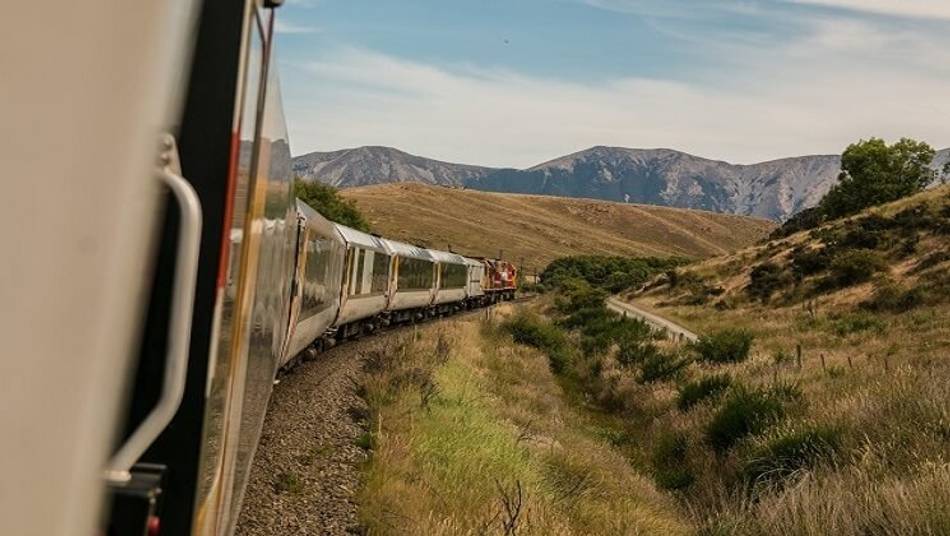A snapshot of business travel fails to find a current rail connection not beaten by air
With fare gaps of over £275 between rail and air, it’s clear just how expensive UK train travel is for businesses, especially for smaller enterprises.
A recent snapshot of business travel – weekday trips between UK hubs, arriving at either end of a working day – has failed to find a current rail connection that is not beaten on price by an airline.
In a report compiled by the New Statesman, a comparison was made between the cost of booking a return journey from a major UK economy to London (the most popular and common UK business travel route) by both rail and air.
Even when a rail ticket was purchased one month in advance, arriving and departing during typical working hours, train fares were higher than the corresponding flight in every scenario.
High-speed rail network
It remains to be seen whether the implementation of HS2 and HS3 will either help or hinder the costs of small business travel.
Though controversial and incredibly costly, High Speed 2 is a government plan to construct a new high-speed rail network linking London, the West Midlands, Leeds and Manchester. Its principle argument is that better public transport connections will allow workers to move more freely, effectively helping to bridge the North-South divide (in which economic activity in London and the South East dominates the country’s output).
HS3 will connect the major centres of the North, from Liverpool to Hull. The cost of HS2, an estimated £56 billion in total, means it is arguably the most expensive single project ever attempted by a British government during peacetime.
However, the pitfalls appear to be many. Aside from the inevitable environmental damage and minimal jobs created, there’s a fear that HS2 will only result in more economic activity in London at the expense of the rest of the country – an outcome which will only further any economic divide. A broad coalition from across the political divide has emerged to oppose these proposals since they were first announced almost eight years ago.
Profit vs expense
Although small businesses make up over 99% of the UK private sector and employ over 60% of all private sector workers, the business travel industry has always been geared towards the more enterprise-sized organisation.
And according to Jupiter Research, barring payroll, travel is the second largest controllable expense for businesses, when you include transport, accommodation, expense reports, inaccurate data and time spent on travel admin.
But while 2017 saw more than 14 million business trips taken in the UK, it also saw both the biggest increase in fares for five years alongside the biggest drop in rail passenger numbers for a decade. Both businesses and commuters are understandably seeking different ways to avoid season ticket prices of over £5,000 a year.
The average annual profit for a small business is just £13k meaning that any possible savings are often crucial. In the UK, these savings are hugely impeded by the cost of train travel.




